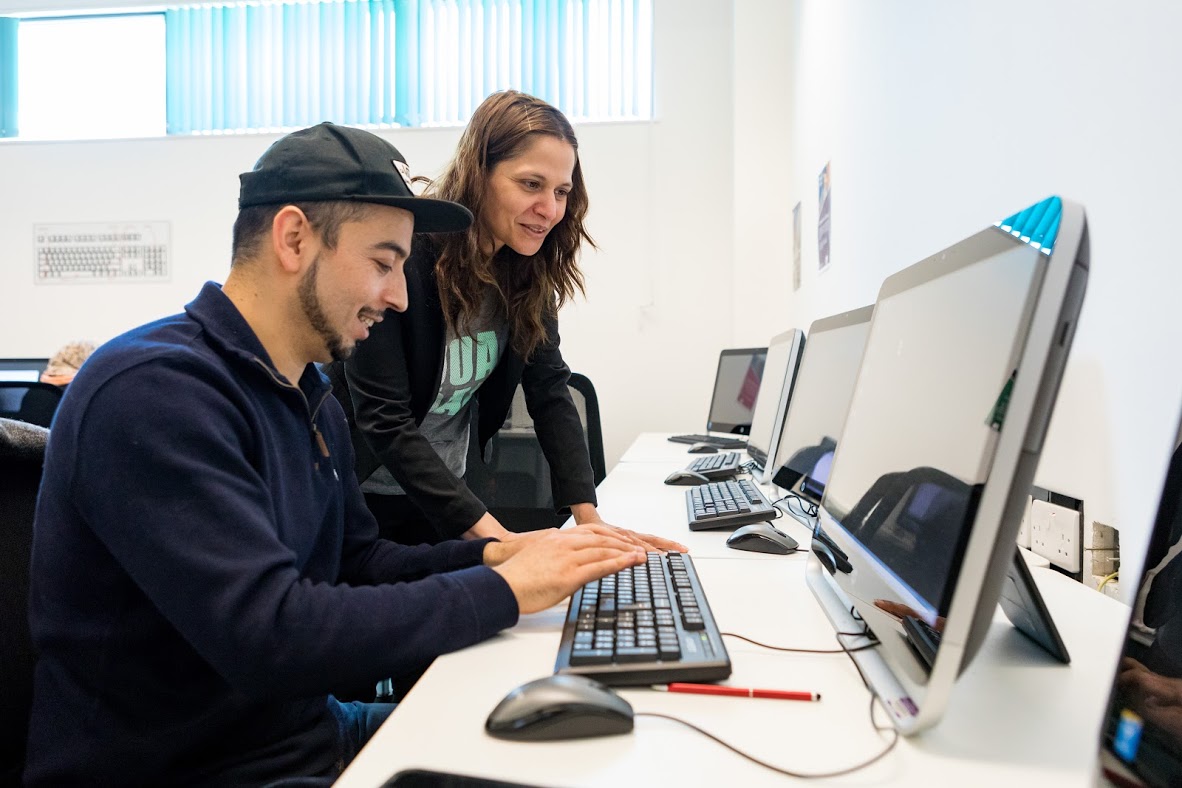My QTLS experience: Abigail Pannozzo
What was your motivation for undertaking QTLS?
To receive the status as a qualified teacher and allow me to progress forward in my career, teaching in secondary schools if necessary in the future. I also wanted to critically reflect and improve my teaching practice in a formal manner using the resources available, while having a significant impact on my students' learning.
What did you like about QTLS?
I found the instructions that I could download for QTLS to be very useful and clear as I followed them step-by-step. I was also pleased there was no limitation on targets that were self-set. This allowed me to prioritise the areas to improve and reflect, but not feel restrained at the same time. I found the initial self-assessment to be valuable as it generated direct focus on specific areas to improve and gave me the opportunity to acknowledge my strengths.
How has it benefited you as a teacher and, as a result, your learners?
Due to the areas being highlighted from the self-assessment, I have created a resource that has both significantly supported the students and myself as a teacher. It encouraged me to constantly reflect upon my practice and the resources I was creating to ensure they were both benefiting and enriching student learning.
How has QTLS impacted your career?
The college is due to become an academy, so I believe having QTLS will allow me to move forward and will be a definite advantage during this change. It will also allow me to work in secondary schools in the future.
What impact has it had on your practice and your learners?
The main areas I focused on were resources to embed into the scheme of work and classrooms to encourage focused, independent learning inside and outside of the formal classroom. The 'Purple' working planner was created and has had a significant impact on the student’s organisation and independent skills.
It has also reduced time-wastage on repetitive questioning and clarifying understanding. Furthermore, due to a rise in student numbers over the past couple of years, it has allowed me to save time on creating lots of paper resources and handouts to the students, when there is now a central location for all of them. I have also been able to create a place for all formal assessments to be recorded and kept which also encourage self-assessment – however, this still needs to be improved in sections as it is incredibly timely and the students are inconsistent when it comes to completing the resource effectively for their learning.
What impact did it have on your organisation?
We are due to have an OFSTED inspection and I believe having QTLS has allowed me to be better prepared due to reflecting more critically and formally upon the teaching standards and how I can improve for the organisation and students. The resources I have created have been shared throughout the college as good practice and other individuals are now editing and embedding it into their courses.
What support did you have from your supporters and college?
I had regular meetings with my support with regards to the scheme of work, progression and resources that I was creating. I was lucky that the college paid for me to undertake QTLS as they saw it as a benefit to the organisation and the students. Other colleagues also shared their good practice with me as I observed their lessons and had regular team meetings to gain ideas and opinions.
What advice would you give other teachers or trainers who are thinking about undertaking QTLS?
I would say it's a good idea to complete each step thoroughly and read the downloadable content that is available on the SET website to give you a good idea of how to navigate the system and upload your evidence.

check your eligibility and apply for QTLS QTLS - Professional Formation
QTLS is the badge of professionalism for post-14 education and training. It’s aimed at helping you advance your career and to demonstrate your expertise and experience to your colleagues, employers and learners.
Find out more about QTLS
